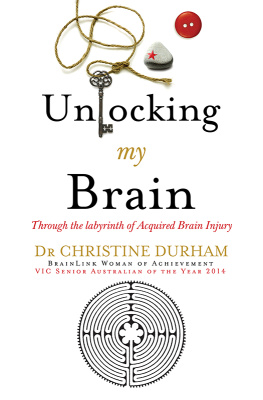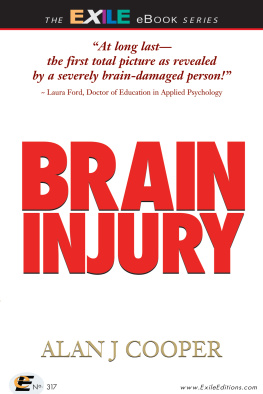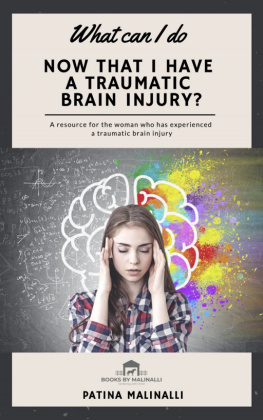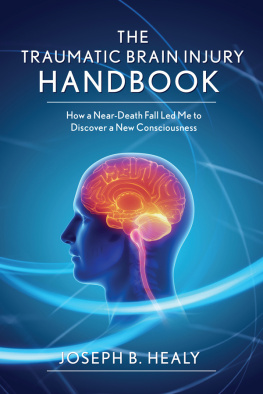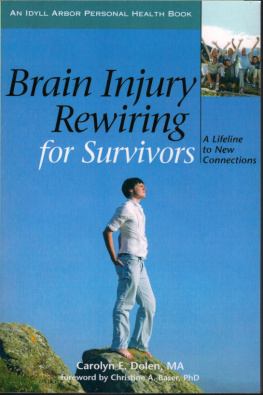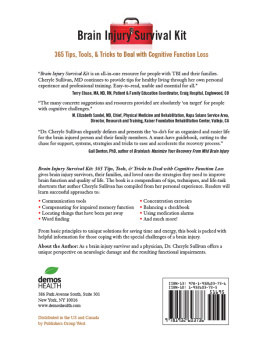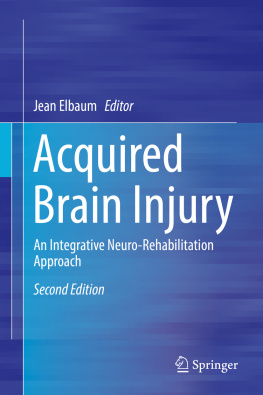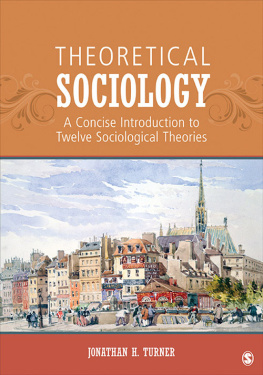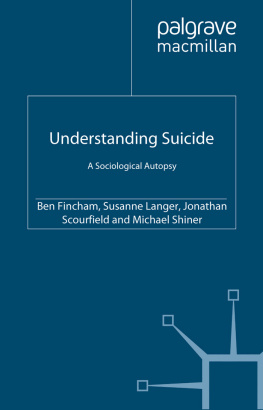
A Sociological Approach to Acquired Brain Injury and Identity
Inspired by the authors personal experience of sustaining acquired brain injury (ABI), this path-breaking book explores the (re)construction of identity after ABI. It offers a way of understanding ABI through a social scientific lens, promoting an understanding that is generated through close engagement with the lives and experiences of ABI survivors.
The author follows the everyday experiences of six male survivors and critically investigates their identity (re)construction after their ABI. As well as demonstrating identity (re)construction after ABI, the experiences of the participants allow the reader to investigate neurological rehabilitation from their perspective. This book suggests that rehabilitation after ABI is often a continual process that extends beyond the formal, medically prescribed period. It also shows that identity after ABI is often (re)constructed in an unpredictable way; a way that emphasises the importance of reciprocal support and the uncertainty of future life.
A Sociological Approach to Acquired Brain Injury and Identity is essential reading for academics and students from a range of social scientific disciplines with an interest in biographical or ethnographic research methods. This book offers a social scientific view of rehabilitation and as such is also essential reading for academics, students and professionals with an interest in health and illness, particularly neurological rehabilitation and brain injury rehabilitation.
Jonathan Harvey is a brain injury survivor and a social scientist who specialises in neurological rehabilitation. Jonathan recently completed a Ph.D. at the Open University (2015), which was entitled Navigating the complexities of acquired brain injury: Theorising everyday activities in identity (re)construction.
Interdisciplinary Disability Studies
Series editor: Mark Sherry, The University of Toledo, USA
Disability studies has made great strides in exploring power and the body. This series extends the interdisciplinary dialogue between disability studies and other fields by asking how disability studies can influence a particular field. It will show how a deep engagement with disability studies changes our understanding of the following fields: sociology, literary studies, gender studies, bioethics, social work, law, education, or history. This ground-breaking series identifies both the practical and theoretical implications of such an interdisciplinary dialogue and challenges people in disability studies as well as other disciplinary fields to critically reflect on their professional praxis in terms of theory, practice, and methods.
For a full list of titles in this series, please visit www.routledge.com/series/ASHSER1401
Disability and Art History
Edited by Elizabeth Howie and Ann Millett-Gallant
Organizing the Blind
The Case of ONCE in Spain
Roberto Garva
Visual Impairment and Work
Experiences of Visually Impaired People
Sally French
Forthcoming:
A Sociological Approach to Acquired Brain Injury and Identity
Jonathan Harvey
Disability and Postsocialism
Teodor Mladenov
Feminism, Power and Institutional Life
The Lives of Learning Disabled Women on Locked Wards
Rebecca Fish
A Sociological Approach to Acquired Brain Injury and Identity
Jonathan Harvey
First published 2018
by Routledge
2 Park Square, Milton Park, Abingdon, Oxon, OX14 4RN
and by Routledge
711 Third Avenue, New York, NY 10017
Routledge is an imprint of the Taylor & Francis Group, an informa business
2018 Jonathan Harvey
The right of Jonathan Harvey to be identified as author of this work has been asserted by him/her in accordance with sections 77 and 78 of the Copyright, Designs and Patents Act 1988.
All rights reserved. No part of this book may be reprinted or reproduced or utilised in any form or by any electronic, mechanical, or other means, now known or hereafter invented, including photocopying and recording, or in any information storage or retrieval system, without permission in writing from the publishers.
Trademark notice: Product or corporate names may be trademarks or registered trademarks, and are used only for identification and explanation without intent to infringe.
British Library Cataloguing in Publication Data
A catalogue record for this book is available from the British Library
Library of Congress Cataloging in Publication Data
Names: Harvey, Jonathan, 1982- author.
Title: A sociological approach to aquired brain injury / Jonathan Harvey.
Description: Abingdon, Oxon ; New York, NY : Routledge, 2017. | Series: Interdisciplinary disability studies | Includes bibliographical references and index.
Identifiers: LCCN 2017010649 | ISBN 9781472474476 (hardback) | ISBN 9781315565217 (ebook)
Subjects: LCSH: Brain damage--Patients--Rehabilitation. | People with disabilities. | Sociology of disability.
Classification: LCC RC387.5 .H376 2017 | DDC 617.4/81044--dc23
LC record available at https://lccn.loc.gov/2017010649
ISBN: 978-1-4724-7447-6 (hbk)
ISBN: 978-1-3155-6521-7 (ebk)
To the participants in this study and to all brain injury survivors who may share some of the struggles in this book. To my family, especially my nephew Oliver. Thank you for all the love and support.
My contact with Jonathan Harvey began in summer 2016, when after an accident I was referred to Headway Devon, a charity based in Exeter which provides support and rehabilitation to people recovering from brain injuries. As part of my introduction to the group, to the subject of Acquired Brain Injury (commonly known as ABI), and to an understanding of my own injury and recovery, I was encouraged to read Jonathans report of his recent research with the charity. Although it was substantial in volume and academic in style, I found the content not only enlightening but also extremely comforting. I appreciated the way Jonathan wrote, his honest analysis of the subject, his kind treatment of all those helping with case-study research, and the openness with which he described all our common experiences. Here was someone who had not only had a similar traumatic experience, but was also making sense of the different messages that I was getting from my various healthcare providers, all of whom (while being experienced in their own fields) were quite open about knowing little of living, functioning and dealing with the effects of an ABI, which is sometimes known as an invisible disability. (Meaning, for example, that I lost my balance one time in Sainsburys and took down a shelf of bleach while giving the appearance of being completely drunk, much to the disgust of all the people stepping over me!)
In 2003, while studying physiotherapy at the age of 21, Jonathan himself sustained a severe Traumatic Brain Injury (a form of ABI) and spent the next eight months in hospital neurological departments and the next four years recovering and relearning basic motor, survival and social skills. He returned to academic study and went on to achieve a B.Sc. in Health and Social Care Studies, an M.Sc. in Social Research, and his Ph.D. in 2014 at the age of 32. Using his own life experience as a background, his research was based around a subject close to his heart, namely the reconstruction of identity after a brain injury, and more specifically the complexities of the identities of male adults who have sustained an ABI in early adulthood.




